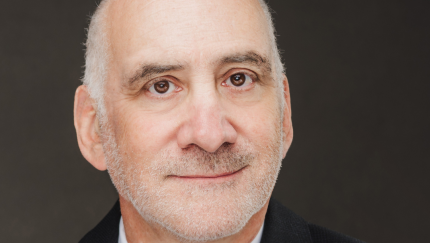“Fun” isn’t a word I expected to see advisors use about robo advice tools when I began poring through results of Financial Planning’s annual Tech Survey. After all, advisors have long expressed concern that automated advice would displace them.
Not this year. Planners are telling us they are embracing the efficiencies that digital technology can bring their firms.
“Easy to get used to and fun to navigate,” one independent planner said about Fidelity Go in the survey’s comment section.
Said another about FutureAdvisor: “Their platform is fantastic and very little work required on our office’s part.”

Eight tech tools planners can use to transform their practice.
Still, even as advisors tell Financial Planning they are more comfortable integrating robos into their practices, they say they struggle with the dizzying array of choices and competing platforms. What to buy? How to integrate it? A misstep can cost thousands of dollars and hundreds of hours of lost time and effort.
“Paralyzed is too strong a word. But they do face a lot of uncertainty,” says Harry Terris, writer of “Too Much, Too Many” about this year's survey. “Advisors don’t want to be left behind, but they don’t want to invest a lot of time and resources into a platform or approach that fizzles out.”
Once they do embrace certain tools, however, Terris found planners were mostly enthusiastic.
Richard Bernstein, MBA, is a former IRS R&D engineer who counseled IRS engineering managers for over 17 years on how to think about high-risk R&D tax credits dealing with software. Having retired in 2004, he now is helping businesses compile and archive their substantiation in preparation for submitting their Form 6765, business component and Part G data. He can be reached at
Charles Schwab CEO Rick Wurster, IRS CEO and Social Security Administration Commissioner Frank Bisignano and iCapital's Chief Investment Strategist Sonali Basak made the list — see who else did.
“It’s interesting to observe how much advisors seem to get out of sometimes relatively simple steps, like software that helps them work and interact with clients remotely,” he tells me. Case in point: One RIA told us that software slashed the time needed to rebalance client portfolios by 95%, as well as gave him more accurate reviews.
Looking forward, will advisors continue to integrate robos? Which tech solutions will gain the most traction with clients? For an early glimpse at the future, see “









